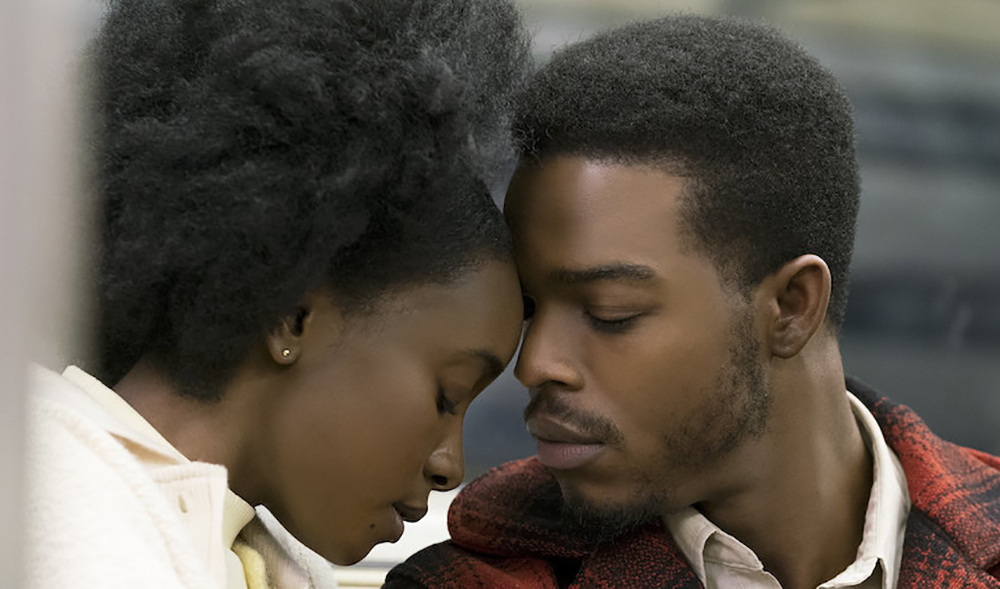“If Beale Street Could Talk” is one of the most visually beautiful films of the year. It is a crime against cinema that it did not get nominated for a best cinematography Oscar. Every frame is exquisite, as the interplay between light and colour adds a dream-like element to a story that is heartbreakingly real.
Revolving around two young lovers as they face the harsh realities of racism and structural injustice, the film is fantastically human. There are a number of shots featuring characters looking straight into the camera, creating a powerful sense of authenticity. “If Beale Street Could Talk” is notable for featuring a predominately black cast with characters that are rich, real, emotionally intricate, and complexly nuanced. Watching the film feels like you are peering into someone’s memories, which is aided by the fact that the script isn’t driven by plot. Different threads and story lines appear and disappear without all completely resolving, adding to the sense of sincerity. Life doesn’t always resolve.
The social inequality and structural injustice in the film is disturbingly vivid in the way it underscores the life of all black people. All are touched by it. There have been a number of films this year about black identity, but this one may be the most disturbing in how real it feels. Whether the film is set in the 1970s or present-day, the issues are all too relevant. You could argue that this film is about a relationship amidst a background of structural injustice, but you could make an equally compelling argument that it is about structural injustice amidst the background of a relationship. Both of these themes feature throughout the entire film, touching every scene.
Besides being visually magnificent, the score and the sound editing are marvellous. I was fortunate enough to see the film in theatres and the audio experience was rich, as the sound captured the film’s tension and beauty. The performances are also strong. Regina King deserved her Oscar, for playing the part of a concerned mother and conveying so much emotion, often without speaking a word. Another standout scene is a conversation between Stephen James and Brian Tyree Henry about the experience of a black man in prison – well shot, fantastically written, and phenomenally acted, it is one of the best scenes in any movie of the last year.
The film is a work of art, but it is not perfect. Some of the scenes feel a bit melodramatic and not all of the conversations are as good as the one mentioned above. An early scene with the two families feels a little scripted and I wish Tish (played by Kiki Layne) was a stronger character and did not look at the ground so much.
But overall, this is a wonderful, beautiful, important film. Visually stunning and socially important, this is one of my favourite films of 2018.
-by Kieran Davey

